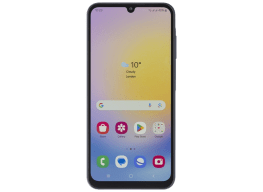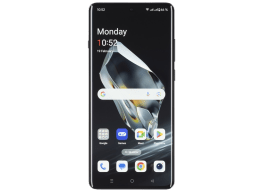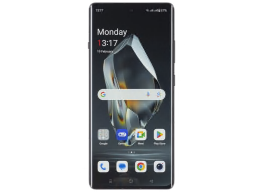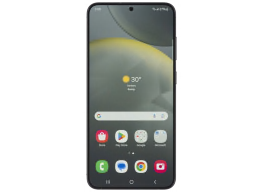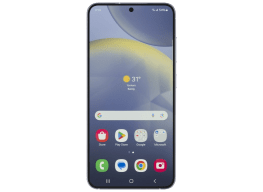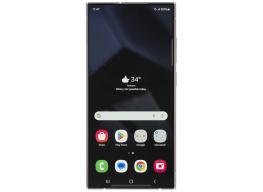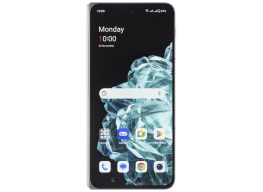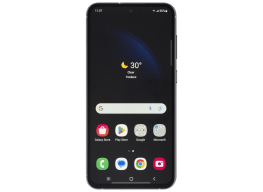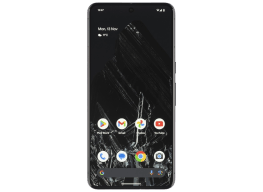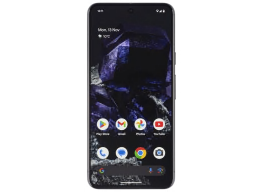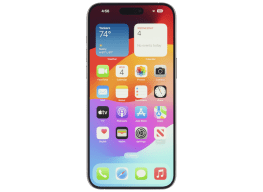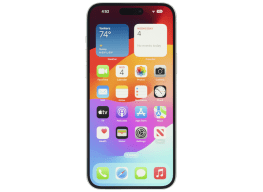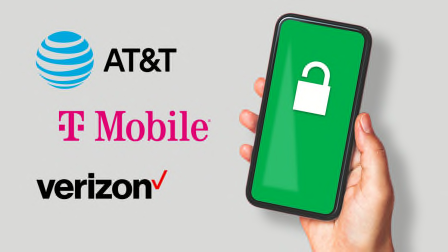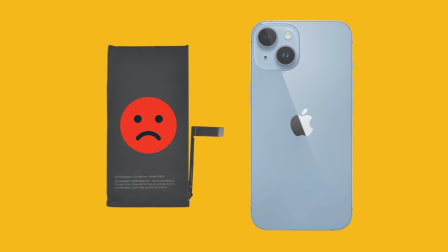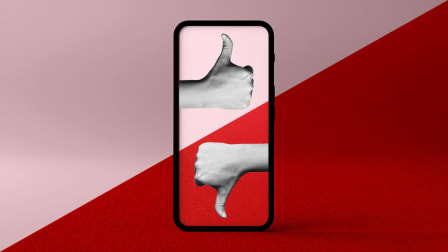Pros and Cons of Buying an iPhone Directly From Apple
Debating whether to buy an iPhone from Apple or your cell phone carrier? Here's what you need to know.
Eager to get your hands on a new iPhone 15 model? Sure, you can buy one from just about any major electronics retailer, but because most stores offer the same models at roughly the same prices, it’s often simpler and more convenient to buy an iPhone directly from Apple or your carrier.
But shopping for a phone involves more than convenience and price. You also have to consider things like extended warranties, the cost and ease of screen replacement and other repairs, and the long-term commitments woven into some deals offered by carriers.
How do you decide which route is best? Here are some things to consider.
Pros of Buying an iPhone From Apple
Frequent upgrades: If you like having the latest iPhone in your pocket the week it’s launched, take a look at Apple’s iPhone Upgrade Program. It helps you get that new phone every year by trading in your current model and making 12 months’ worth of payments to cover the balance in price.
Watch the iPhone 15 Pro Max Drop Test
Viral videos claim the phone cracks easily. See what CR’s test found.
Cons of Buying an iPhone From Apple
Potentially missing special discounts: Although the iPhone rarely goes on sale anywhere, carriers often offer limited-time promotions if you trade in an old phone, add a new line, or switch to their service. AT&T, T-Mobile, and Verizon, for example, are currently offering up to $1,000 off the cost of an iPhone 15 model to new and existing customers. For all three carriers, the discount comes in the form of bill credits spread across 24 months (T-Mobile) or 36 months (AT&T and Verizon). To get the maximum discount, you need to subscribe to the carriers’ advanced tiers, such as Verizon’s Ultimate Unlimited and T-Mobile’s Go5G Plus or Go5G Next.
Apple’s website highlights some special deals from these carriers but not all of them, so it’s worth checking with your carrier before ordering your iPhone.
Potentially lower trade-in value: Your current phone might be worth more when you trade it in at a carrier or retailer instead of Apple. An iPhone 13 in good shape, for example, has a $370 trade-in value at Apple. The carriers advertise up to $830, but to get the real figure, you have to use online tools that have grown increasingly complex in recent years. They now may ask for the model name, storage capacity, color, and current provider. This makes it harder to shop around.
Android phones, such as the Samsung Galaxy S22+, also have much less trade-in value at Apple than at cell phone carriers—and Apple’s list of eligible trade-ins is much shorter, too.
Shorter financing term: Apple’s no-interest financing is spread over 24 months, so your monthly payment might be slightly higher than with carriers that have longer financing terms. AT&T and Verizon both spread it across 36 months instead. The total retail price will be about the same regardless of where you buy, but a longer term can be a bit easier on your wallet from month to month.


















